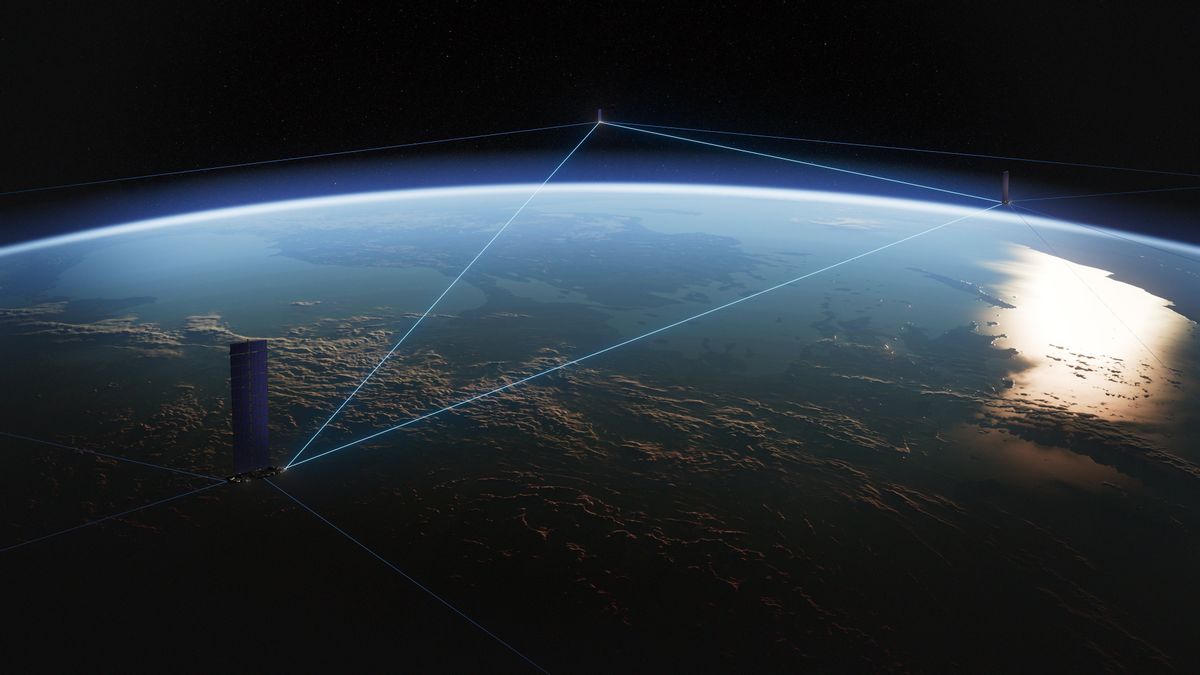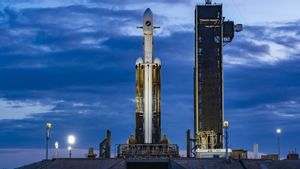Starlink, a roadband service developed by SpaceX, failed to pocket subsidy funds from the Federal Communications Commission (FCC). The announcement was released on Tuesday, December 12.
The FCC said it had rejected Starlink's request to use the Rural Digital Opportunities Fund. Although the goal is correct, namely expanding the roadband service to rural areas, SpaceX has failed to meet program requirements.
"This Agency (FCC) has a responsibility to become a limited public fund manager which is intended to expand access to rural broadband, not fund failed applicants," said FCC Chair Jessica Rosenworcel in an official statement.
According to Rosenworcel, this rejection is very appropriate to do. After all, the FCC has complete control in reviewing the applicants. If Starlink does not deserve a subsidy from them, then this fund will not be given.
The FCC conducts careful legal, technical and policy reviews to determine that the applicant has failed to meet its burden of being entitled to nearly $900 million in universal service funds for nearly a decade, Rosenworcel said.
For information, SpaceX, which represents Starlink's services, has won the auction of the Rural Digital Opportunities Fund of US$885 (Rp13.8 trillion). Even though they have won the auction, they must follow a number of strict procedures.
SEE ALSO:
Given that these funds come from the Universal Service Fund, namely money collected from consumers for almost a decade, there are two stages that the applicant must follow. First, the applicant must apply for high-level funding.
Once submitted and winning, they must submit a more in-depth and long application to be verified by the FCC. This step needs to be taken so that the FCC can verify that the applicant has met the requirements.
This is not the first time Starlink has failed to get subsidies. The previous year, the FCC also rejected Starlink's request for the same reason, namely failure to meet the basic requirements for applicants.
Last year, SpaceX won an auction for internet launch with low latency. The program promises a download speed of 100Mbps and 20Mbps uploads at 642,925 locations. Unfortunately, SpaceX failed to receive subsidies from RDOF that year.
The English, Chinese, Japanese, Arabic, and French versions are automatically generated by the AI. So there may still be inaccuracies in translating, please always see Indonesian as our main language. (system supported by DigitalSiber.id)

















